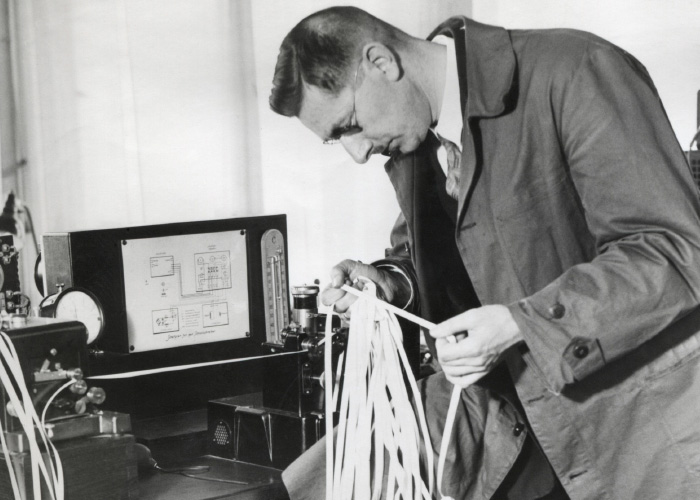
The Annual Allowance Charge
Arguably the most dreadful bit of recent pension changes is the annual allowance charge. This arises for anyone that contributes more than the annual allowance towards pensions during a tax year. To most people £40,000 a year into pensions is a lot of money so on the surface this is nothing short of yet another raid on higher-earners.
The annual allowance is really £40,000 or 100% of your earned income, whichever is lower. However, if your income is over £150,000 then the allowance reduces gradually down to £10,000 for anyone earning £210,000 or more, this is termed the Tapered Annual Allowance. Just for some context anyone earning over £150,000 has lost their personal allowance (income before any tax is paid) and pays a tax rate of 45% on income above £150,000.

Excessive Tax? Not Enough Voters
You can exceed the annual allowance in various ways – the amount for those investing money to build a pension is straight-forward. If you and your employer pay more than your annual allowance into pensions, you suffer an income tax charge on the excess at 45%. Easy, maybe not fair, but easy.
However, if you are a member of a good old-fashioned final salary (defined benefit) pension, well it’s a little more complex. The annual allowance is not calculated based upon how much you paid into a scheme, but on how much your pension improved by. So if you had a pay rise… this makes life more complex. If your pension increased by more than £2,500 a year (which admittedly is a very good pension for another year of employment) then you are likely to exceed the annual allowance of £40,000. If you have the minimum annual allowance as a high earner, then your pension only needs to improve by probably £527 – £625 a year.
£561m Extra Tax
This all became the new norm from the 2015/16 tax year. HMRC collected £179m in extra tax revenue as a result. However, this has now jumped massively as the reality sinks home for many high earners, rising to £561m for 2016/17.
Some people can get their employer pension scheme to pay the “fine” (tax) most cannot. In 2016/17 only 2,340 people achieved this which accounted for £44m (8%) of the tax however the clear majority had to pay up themselves – all 16,590 of those that realised!
I might call this a disincentive to save for your retirement, or daylight robbery…. Take your pick, but fair and sensible is most certainly is not.
Dominic Thomas
Solomons IFA
You can read more articles about Pensions, Wealth Management, Retirement, Investments, Financial Planning and Estate Planning on my blog which gets updated every week. If you would like to talk to me about your personal wealth planning and how we can make you stay wealthier for longer then please get in touch by calling 08000 736 273 or email info@solomonsifa.co.uk